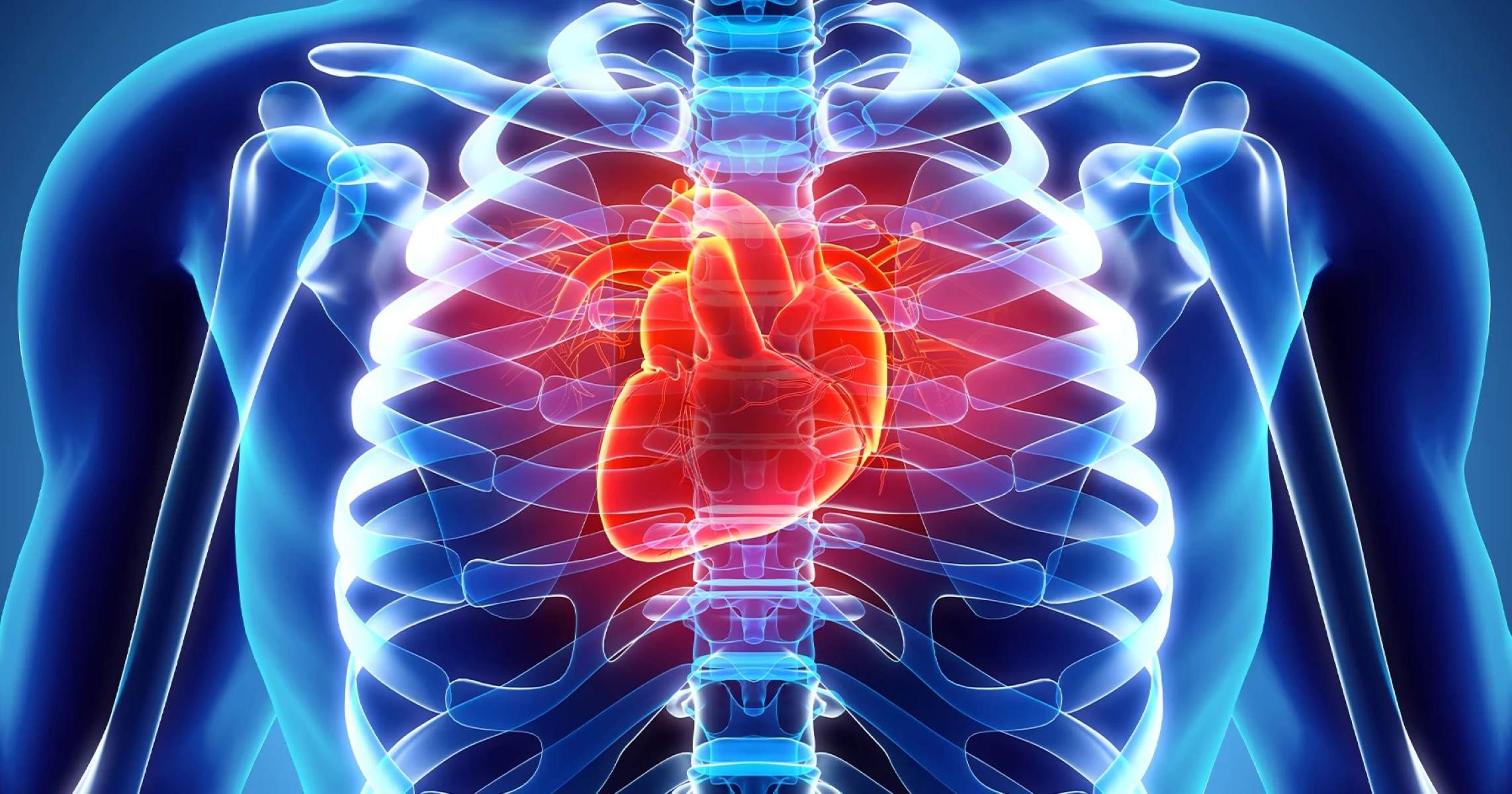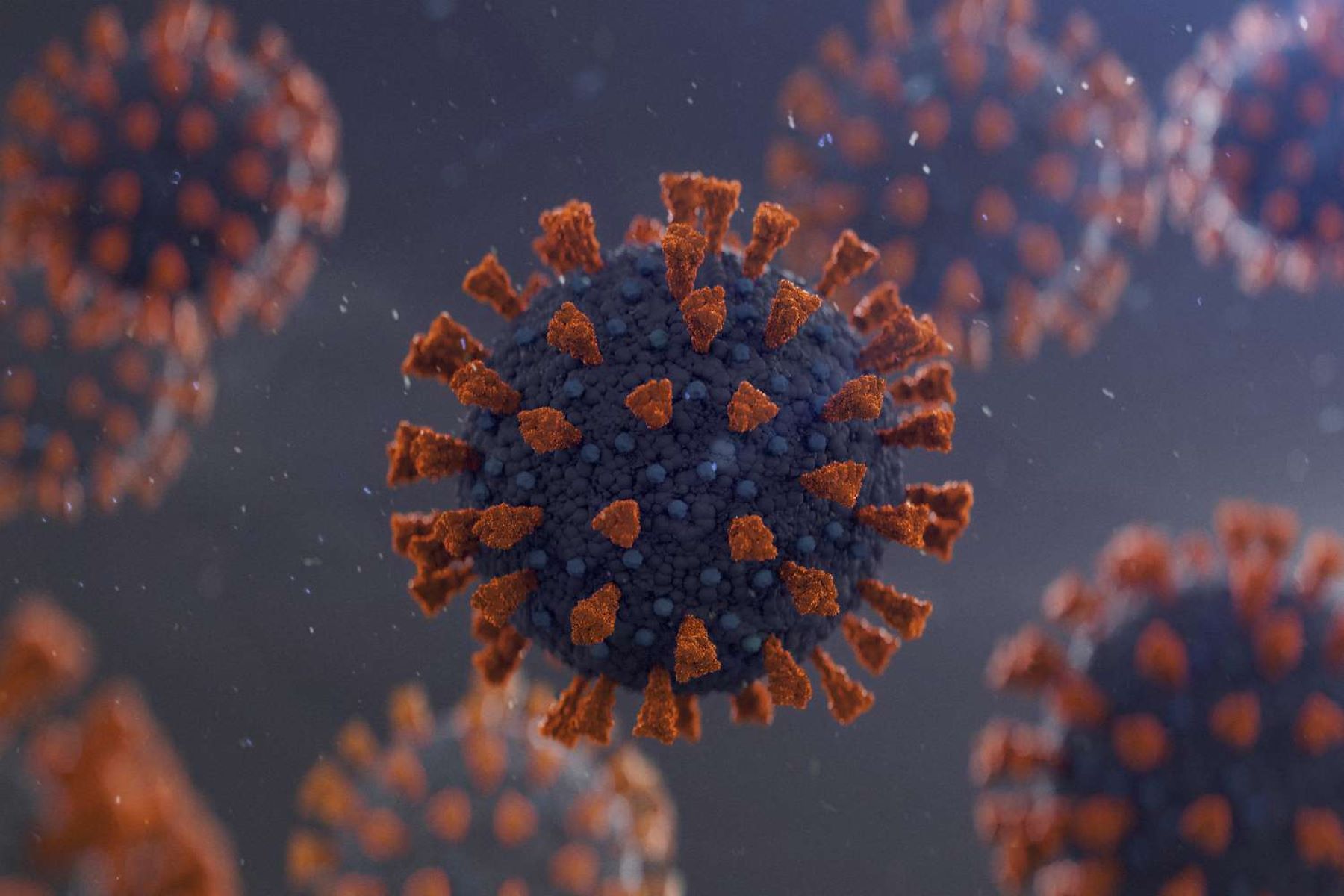
Cardiovascular diseases are the leading cause of death worldwide, affecting millions each year. But what exactly are they? Cardiovascular diseases refer to a group of disorders involving the heart and blood vessels. These include conditions like coronary artery disease, heart attacks, strokes, and hypertension. Understanding these diseases is crucial for prevention and management. Did you know that lifestyle choices play a significant role in your heart health? Factors like diet, exercise, and smoking can greatly impact your risk. By learning more about these conditions, you can take steps to protect your heart and improve your overall well-being. Ready to dive into some eye-opening facts about cardiovascular diseases? Let's get started!
What are Cardiovascular Diseases?
Cardiovascular diseases (CVDs) are a group of disorders affecting the heart and blood vessels. These conditions can lead to severe health problems, including heart attacks and strokes. Understanding CVDs is crucial for prevention and management.
-
Leading Cause of Death: CVDs are the number one cause of death globally, responsible for an estimated 17.9 million deaths each year.
-
Types of CVDs: Common types include coronary artery disease, cerebrovascular disease, rheumatic heart disease, and congenital heart disease.
-
Risk Factors: Major risk factors include high blood pressure, smoking, diabetes, lack of exercise, and unhealthy diets.
Symptoms and Warning Signs
Recognizing the symptoms of cardiovascular diseases can save lives. Early detection often leads to better outcomes.
-
Chest Pain: One of the most common symptoms is chest pain or discomfort, often described as a squeezing or pressure sensation.
-
Shortness of Breath: Difficulty breathing can indicate heart problems, especially if it occurs during rest or minimal activity.
-
Fatigue: Unusual tiredness, especially after simple activities, can be a warning sign of heart disease.
-
Swelling: Swelling in the legs, ankles, or feet may indicate heart failure.
Prevention and Lifestyle Changes
Preventing cardiovascular diseases involves making healthy lifestyle choices. Small changes can have a significant impact on heart health.
-
Healthy Diet: Eating a balanced diet rich in fruits, vegetables, whole grains, and lean proteins can reduce the risk of CVDs.
-
Regular Exercise: Engaging in at least 150 minutes of moderate-intensity exercise per week helps maintain heart health.
-
Quit Smoking: Smoking cessation is one of the most effective ways to reduce the risk of cardiovascular diseases.
-
Limit Alcohol: Reducing alcohol intake can lower blood pressure and decrease the risk of heart disease.
Medical Treatments and Interventions
Medical treatments and interventions play a crucial role in managing cardiovascular diseases. These treatments can range from medications to surgical procedures.
-
Medications: Common medications include statins, beta-blockers, and anticoagulants, which help manage symptoms and prevent complications.
-
Angioplasty: This procedure involves using a balloon to open narrowed or blocked blood vessels of the heart.
-
Bypass Surgery: Coronary artery bypass grafting (CABG) is a surgical procedure that improves blood flow to the heart.
-
Pacemakers: These devices help regulate abnormal heart rhythms, ensuring the heart beats properly.
Impact on Different Populations
Cardiovascular diseases affect various populations differently. Understanding these differences can help tailor prevention and treatment strategies.
-
Gender Differences: Men are generally at higher risk of heart disease at a younger age, while women’s risk increases after menopause.
-
Age Factor: The risk of cardiovascular diseases increases with age, particularly after 65.
-
Ethnic Variations: Certain ethnic groups, such as African Americans and South Asians, have higher rates of CVDs.
-
Socioeconomic Status: Lower socioeconomic status is associated with higher risk due to factors like limited access to healthcare and healthy foods.
The Role of Genetics
Genetics can play a significant role in the development of cardiovascular diseases. Family history is an important factor to consider.
-
Inherited Conditions: Some heart conditions, like hypertrophic cardiomyopathy, are inherited and can increase the risk of sudden cardiac death.
-
Family History: Having a close relative with heart disease increases your risk, highlighting the importance of knowing your family medical history.
-
Genetic Testing: Advances in genetic testing can help identify individuals at higher risk, allowing for early intervention and management.
Innovations in Cardiovascular Research
Ongoing research and technological advancements are paving the way for better diagnosis, treatment, and prevention of cardiovascular diseases.
-
Artificial Intelligence: AI is being used to predict heart disease risk and improve diagnostic accuracy.
-
Wearable Technology: Devices like smartwatches can monitor heart rate and detect irregularities, providing early warnings.
-
Stem Cell Therapy: Research into stem cell therapy holds promise for repairing damaged heart tissue.
-
Personalized Medicine: Tailoring treatments based on individual genetic profiles is becoming more common in managing CVDs.
Global Efforts and Awareness
Efforts to combat cardiovascular diseases are happening worldwide. Awareness campaigns and global initiatives aim to reduce the burden of CVDs.
-
World Heart Day: Celebrated on September 29th, this day raises awareness about heart health and encourages preventive measures.
-
WHO Initiatives: The World Health Organization works with countries to implement strategies for reducing CVD risk factors.
-
Community Programs: Local health programs focus on educating communities about heart health and promoting healthy lifestyles.
Heart Health Matters
Understanding cardiovascular diseases can save lives. These conditions, affecting millions worldwide, often stem from lifestyle choices. Regular exercise, a balanced diet, and avoiding smoking can significantly reduce risks. Knowing the symptoms, like chest pain and shortness of breath, helps in early detection.
High blood pressure and cholesterol are silent threats. Regular check-ups keep these in check. Stress management also plays a crucial role. Simple activities like walking or meditation can make a big difference.
Family history matters too. If heart disease runs in your family, take extra precautions. Stay informed and proactive about your heart health.
Remember, small changes lead to big improvements. Prioritize your heart, and it’ll take care of you. Stay active, eat well, and keep stress at bay. Your heart will thank you for it.
Was this page helpful?
Our commitment to delivering trustworthy and engaging content is at the heart of what we do. Each fact on our site is contributed by real users like you, bringing a wealth of diverse insights and information. To ensure the highest standards of accuracy and reliability, our dedicated editors meticulously review each submission. This process guarantees that the facts we share are not only fascinating but also credible. Trust in our commitment to quality and authenticity as you explore and learn with us.


